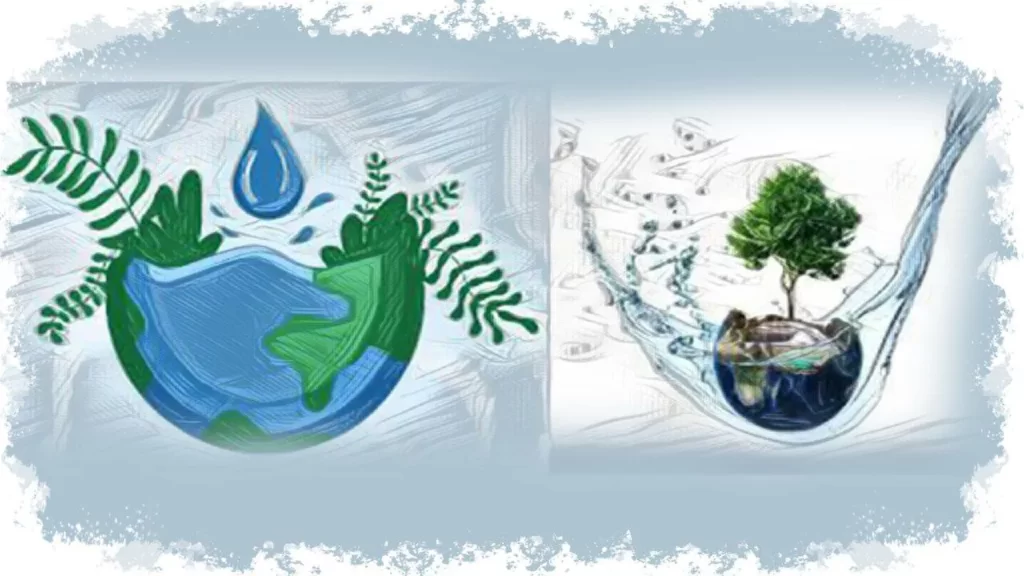
Capacity building is undeniably one of the cornerstones for sustainable development even in addressing water management challenges. Defined as the process of developing and strengthening the skills, instincts, abilities, and resources necessary for organizations and communities to thrive, capacity building is essential in our rapidly changing world.
The importance of a robust water management system cannot be overstated, especially as environmental challenges such as water pollution, scarcity, and the impacts of climate change become more pronounced. Communities are increasingly confronted with these issues, which shows the need to empower them with the tools and mechanisms to address such adversities effectively.
Training and education are fundamental in enhancing local capacity for sustainable development and resilience. By providing comprehensive knowledge, skills, and resources, communities can better address water and sanitation concerns. These programs aim to promote community empowerment, enabling active participation in development activities and fostering a sense of ownership and responsibility.
Participants in capacity-building programs gain valuable insights into water conservation techniques and pollution control measures, which can significantly improve their quality of life. An informed community is better equipped to implement water management strategies, such as preventing water wastage, establishing water storage facilities, and managing inconsistent water supply during varying seasons.
Note that effective water management relies on skilled individuals who can devise and execute strategies to meet the constant high demand for water. These strategies include partnerships that facilitate the sharing of ideas and promote equality in access to water resources. Community collaboration is key to overcoming water-related challenges and ensuring sustainable practices are in place.
However, the journey towards enhanced local capacity for water management is not without obstacles. Challenges such as inadequate financial resources and socio-political barriers can impede progress. Despite these hurdles, the foundation of sustainable water management lies in community empowerment and the collective effort to value and protect water as a precious resource.
Ultimately, strengthening local capacity for water management is essential for sustainable development and the well-being of both present and future generations. This effort not only addresses immediate challenges such as water scarcity and pollution but also equips communities to adapt to future environmental changes.


